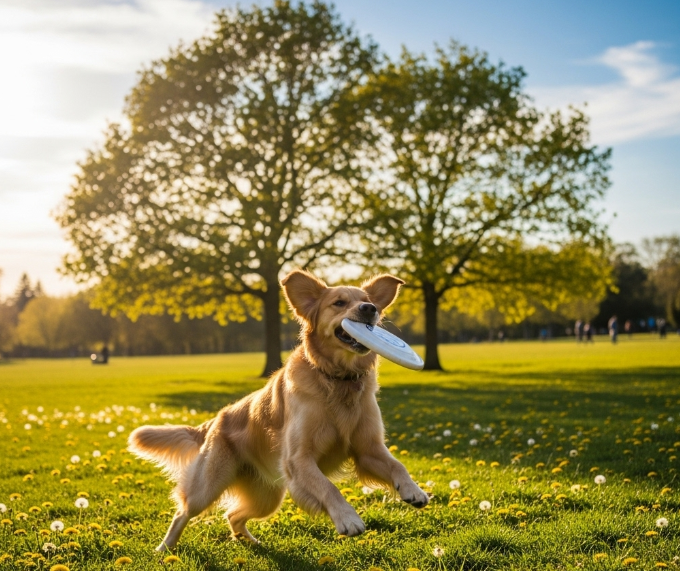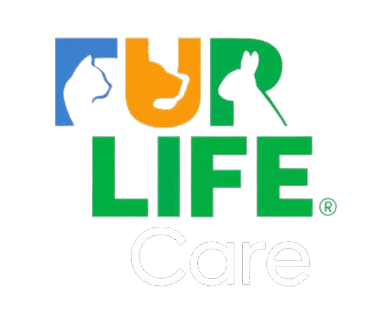
Leptospirosis is a potentially fatal bacterial disease that can affect both dogs and humans. Spread primarily through the urine of infected animals, the bacteria can linger in soil and standing water, putting your pet at risk—especially in urban areas or regions with frequent flooding. Recently, cases of leptospirosis have been on the rise in cities like New York, making awareness and prevention more important than ever.
What Is Leptospirosis?
Leptospirosis is caused by Leptospira bacteria, which are shed through the urine of infected animals like rats, raccoons, and other wildlife. These bacteria can survive for weeks or even months in warm, moist environments such as puddles, stagnant water, and contaminated soil. While they cannot survive freezing temperatures, they thrive in tropical climates or areas with heavy rainfall.
How Dogs Get Infected
Dogs can contract leptospirosis through:
- Drinking or swimming in contaminated water
- Contact with infected soil through broken or intact skin
- Bites from or ingestion of infected animals
- Eating food tainted by infected urine
Once infected, dogs can also transmit the disease to humans, primarily through exposure to urine that contacts cuts, wounds, or mucous membranes (like the eyes or mouth). People with weakened immune systems are especially at risk.
Why Vaccination Is Key
The best way to protect your dog from leptospirosis is vaccination. Most core canine vaccination protocols now include protection against the most common Leptospira strains. Puppies typically begin receiving the leptospirosis vaccine at 9 weeks old, with booster shots given either annually or every three years, depending on your region and vet’s recommendation.
High-Risk Areas
Leptospirosis outbreaks are more common in:
- Large cities with dense rat populations
- Regions prone to flooding, hurricanes, or heavy rainfall
- Areas with frequent standing water
If you live in one of these areas, it’s especially important to ensure your dog is fully vaccinated.
Preventing Leptospirosis
In addition to vaccination, pet owners can take the following steps to reduce the risk of infection:
- Avoid letting your dog drink or swim in stagnant water
- Keep dogs away from areas where wildlife may urinate, especially parks or alleys
- Don’t allow your dog to roam unsupervised
- Limit contact with unknown dogs, especially in public spaces where vaccination status is uncertain (e.g., dog parks during an outbreak)
- Clean and disinfect indoor accidents immediately to prevent spread to people or other pets
Symptoms of Leptospirosis in Dogs
Leptospirosis symptoms can vary and may be mistaken for other illnesses. Some dogs show no symptoms at all, while others may develop severe complications. Watch for:
- Jaundice (yellowing of the skin, gums, or eyes)
- Fever or shivering
- Lethargy or reluctance to move
- Muscle tenderness
- Vomiting and diarrhea
- Increased thirst and urination
- Loss of appetite
- Kidney or liver failure
Early Treatment Matters
If you suspect your dog has been exposed or is showing symptoms, contact your veterinarian immediately. Early diagnosis can be the difference between a full recovery and serious organ damage.
How Leptospirosis Is Treated
Dogs diagnosed with leptospirosis are typically treated with antibiotics. In more severe cases, hospitalization may be necessary for IV fluids, medication, and round-the-clock monitoring. The earlier treatment begins, the better the outcome.
Preventing Spread in Your Home
If your dog is infected:
- Avoid letting them urinate in public areas
- Disinfect any indoor accidents using an appropriate cleaner (like a diluted bleach solution)
- Wash your hands thoroughly after handling your dog or cleaning up urine
Leptospirosis is a zoonotic disease, meaning it can pass from animals to humans. Proper hygiene and prompt treatment are essential for protecting your household.
Final Thoughts: Protect Your Dog Year-Round
Leptospirosis is a serious but preventable disease. If you live in an area with known outbreaks or environmental risk factors, talk to your vet about whether your dog is up-to-date on their leptospirosis vaccine. With the right precautions, you can keep your dog safe and help stop the spread of this potentially deadly disease.
